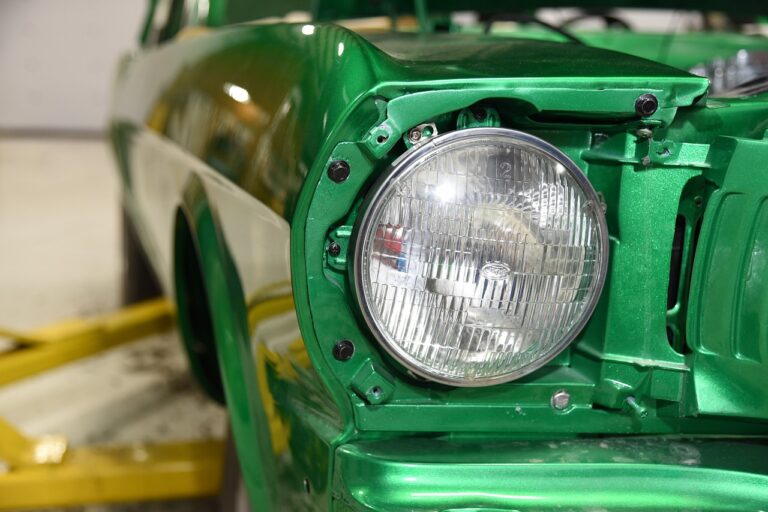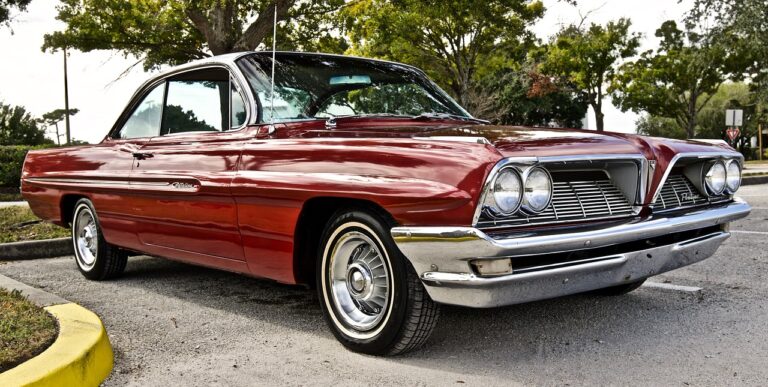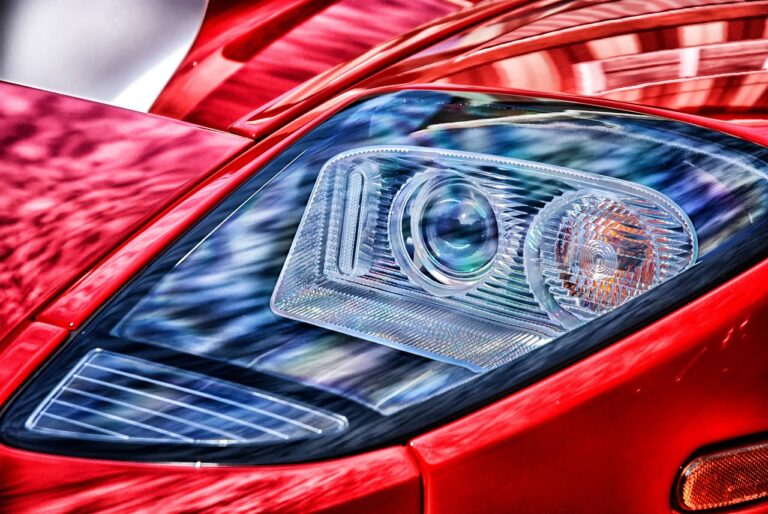Exploring the Integration of HEPA Filtration in Automotive Air Conditioning Systems
gold bet 7 sign up, radheexchange, 11xplay:Exploring the Integration of HEPA Filtration in Automotive Air Conditioning Systems
Have you ever thought about the air quality inside your car? With pollution levels soaring and allergens present in the environment, it’s essential to consider how to improve the air you breathe while driving. One way to enhance the air quality in your vehicle is by integrating HEPA filtration into your car’s air conditioning system.
What is HEPA Filtration?
HEPA stands for High-Efficiency Particulate Air, and it’s a type of air filter that traps particles like dust, pollen, and other airborne contaminants. HEPA filters are designed to capture particles as small as 0.3 microns in size with an efficiency of 99.97%. These filters are commonly used in air purifiers and vacuum cleaners to improve indoor air quality.
The Benefits of HEPA Filtration in Automotive Air Conditioning Systems
Integrating HEPA filtration into your car’s air conditioning system can bring a range of benefits, including:
1. Improved Air Quality: HEPA filters can effectively remove dust, pollen, and other harmful particles from the air circulating inside your car, creating a cleaner and healthier environment for you and your passengers.
2. Allergen Reduction: If you suffer from allergies, HEPA filtration can help reduce allergens in your car, providing relief from symptoms like sneezing, coughing, and itchy eyes.
3. Odor Elimination: HEPA filters can also help eliminate odors from cigarette smoke, food, pets, and other sources, leaving your car smelling fresh and clean.
4. Enhanced Comfort: Breathing clean air while driving can improve your overall comfort and well-being, making your daily commute or road trips more enjoyable.
5. Health Benefits: By reducing the number of harmful particles in the air, HEPA filtration can have long-term health benefits, potentially decreasing your risk of respiratory issues and other health problems.
6. Protection Against Airborne Viruses: With the recent global pandemic, having HEPA filtration in your car can provide an added layer of defense against airborne viruses and bacteria, promoting a safer driving environment.
How HEPA Filtration Works in Automotive Air Conditioning Systems
HEPA filters in automotive air conditioning systems work similarly to those in home air purifiers. The air inside your car is drawn through the HEPA filter, where particles are trapped and prevented from re-entering the cabin. As a result, you experience cleaner, fresher air while driving.
FAQs:
1. How often should I replace the HEPA filter in my car’s air conditioning system?
It’s recommended to replace the HEPA filter in your car’s air conditioning system every 12,000 to 15,000 miles or every 12 to 18 months, depending on your driving habits and environmental conditions.
2. Can I install a HEPA filter in my existing car air conditioning system?
Yes, it’s possible to retrofit your car’s air conditioning system with a HEPA filter. Consult with a professional mechanic or air conditioning specialist to determine the compatibility and installation process for your vehicle.
3. How much does it cost to integrate HEPA filtration into a car air conditioning system?
The cost of integrating HEPA filtration into a car air conditioning system can vary depending on the make and model of your vehicle, the type of HEPA filter used, and installation labor costs. On average, you can expect to pay between $50 to $200 for the filter and installation.
4. Will HEPA filtration impact the performance of my car’s air conditioning system?
HEPA filtration may slightly reduce the airflow in your car’s air conditioning system due to the denser filter material. However, modern automotive air conditioning systems are designed to accommodate HEPA filters without significantly impacting performance.
5. Are there any maintenance requirements for vehicles with HEPA filtration?
Regular maintenance of your car’s air conditioning system, including checking and replacing the HEPA filter as needed, is essential to ensure optimal performance and air quality. Additionally, keeping your car clean and free of dust and debris can help extend the life of the HEPA filter.
In conclusion, integrating HEPA filtration into your car’s air conditioning system can be a worthwhile investment in your health and comfort while driving. With benefits like improved air quality, allergen reduction, and odor elimination, HEPA filters can enhance your driving experience and provide a cleaner, safer environment for you and your passengers. Consider exploring the integration of HEPA filtration in your vehicle to breathe easier on the road.







